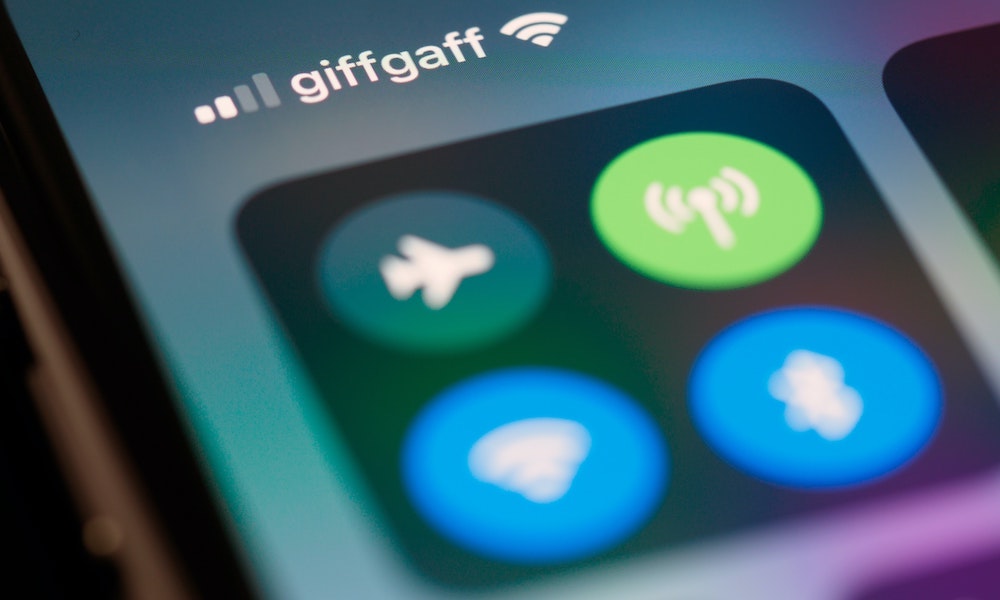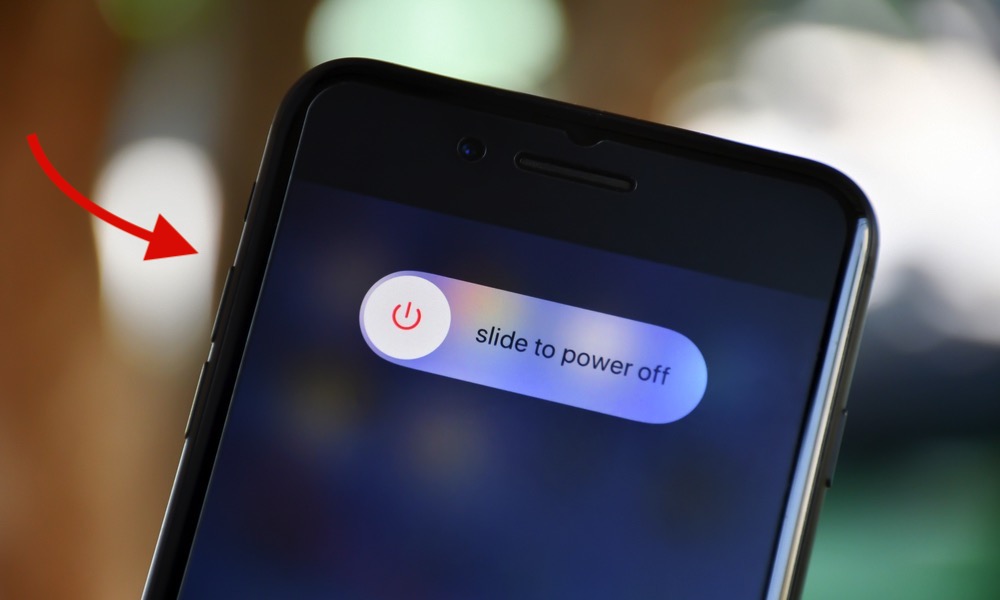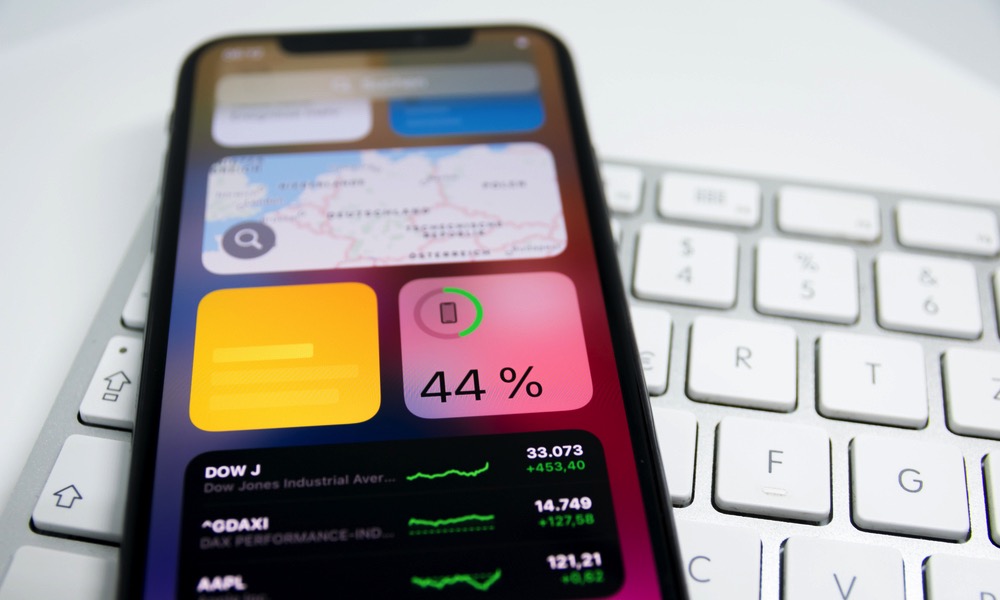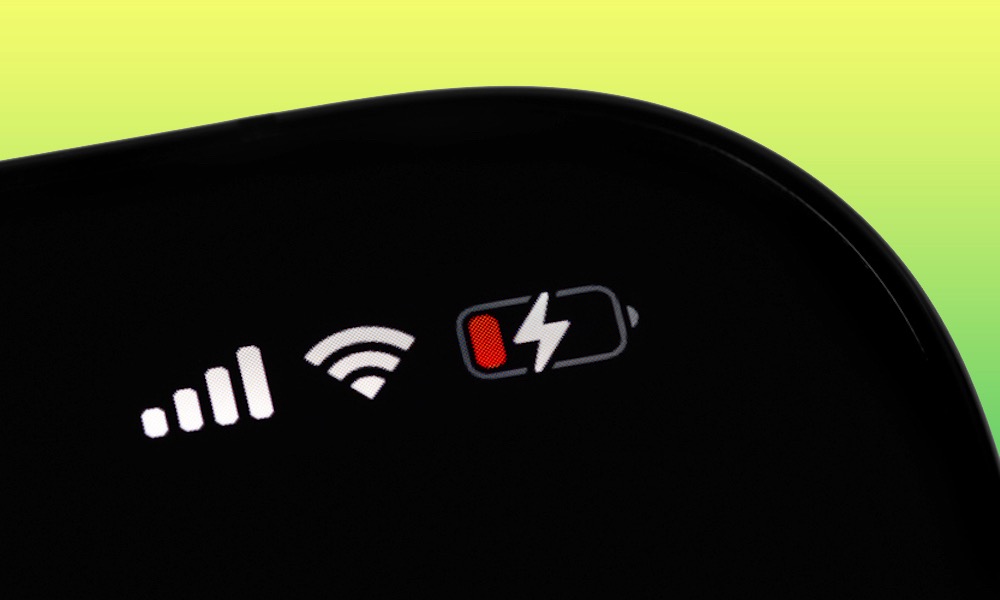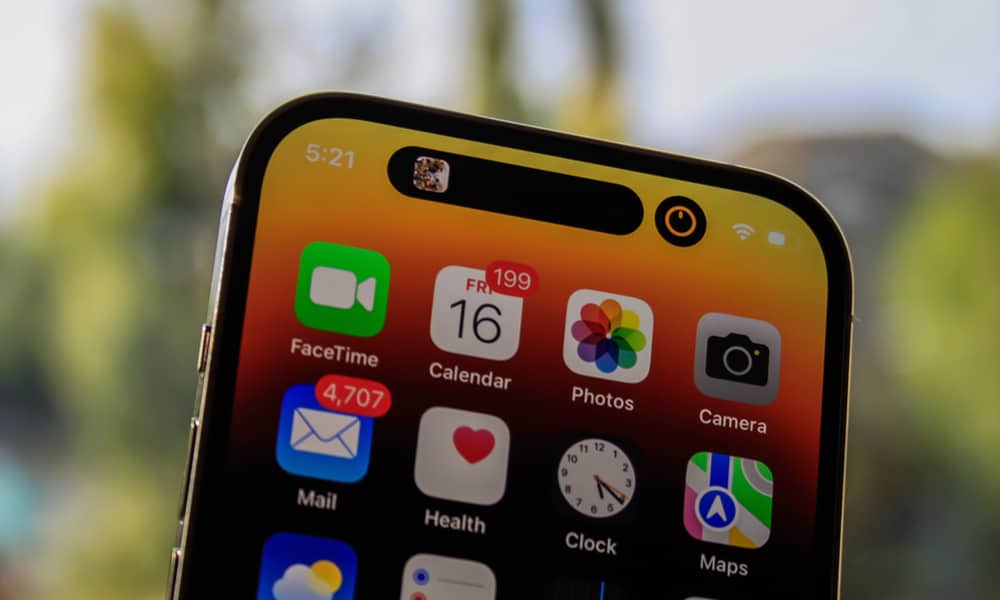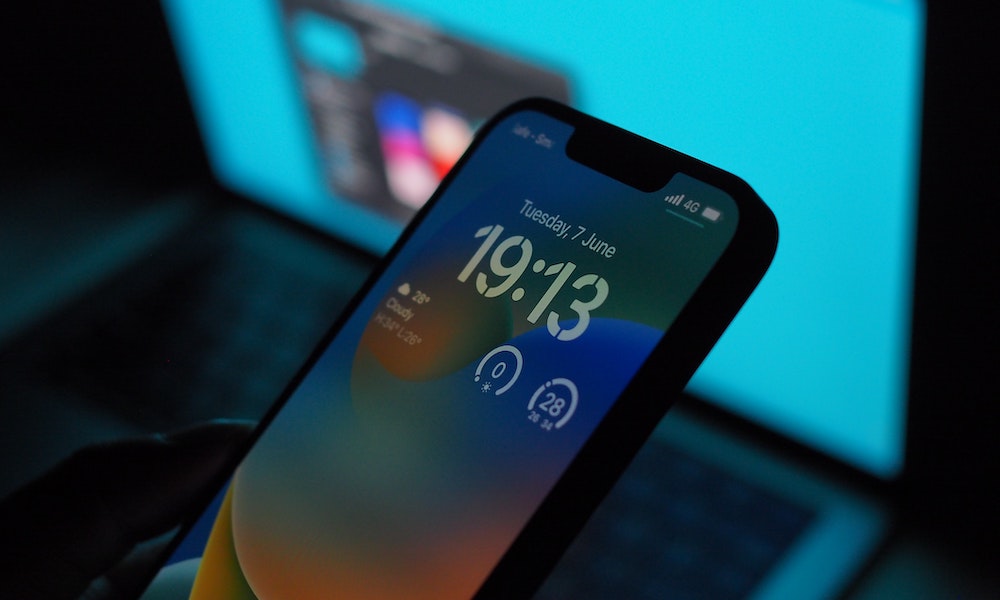10 Benefits of Turning Off Your iPhone
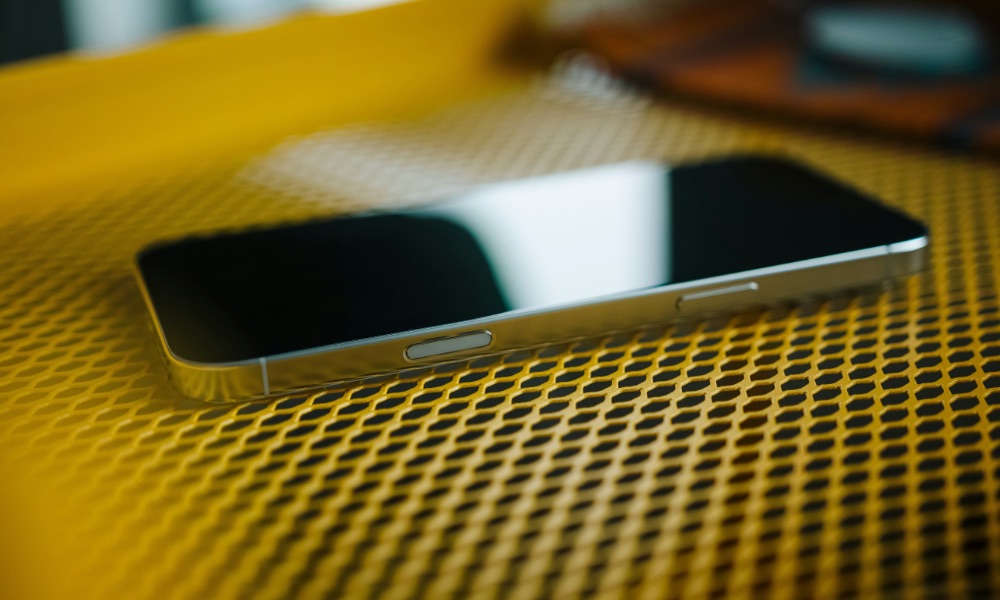 Credit: Semeon Hrozian
Credit: Semeon Hrozian
It's almost a meme at this point, but if you've had problems with your iPhone, you've probably heard the suggestion that you should turn it off and back on again.
There's a reason you hear this tip so often: it actually works. Of course, it won't fix everything that's wrong with your iPhone, but it can fix many internal issues that you didn't even know you had.
Not only that, but turning off your iPhone also has other benefits as long as you do it for more than a few seconds.
Whether you want to improve your productivity, fix an app, or make your iPhone run faster, turning it off occasionally can benefit you and your iPhone. Read on for 10 reasons why you should consider turning your iPhone off every so often.
Turning Off Your iPhone Can Fix Connection Problems
Sometimes, you might experience issues with your iPhone's network that come seemingly out of nowhere. For instance, you might not be able to connect to your Bluetooth accessories, or maybe your cellular network is acting up for no reason.
While there are many ways to fix these types of connection problems, you'll often see that you should first try restarting or turning off your iPhone for a few moments and then turning it back on.
There are many reasons why you may have connection problems. For starters, it might be that your iPhone has been connected to a network for a long time and is acting up. Or maybe your iPhone is connected to a cellular tower that's too far away for you to use your data plan correctly.
Turning off your iPhone will immediately stop your network connections, and it will let your iPhone try to connect once more without any hiccups. For instance, after restarting your iPhone, it will immediately try to search for a nearer and stronger cellular tower, restoring your data plan to normal.
Turning Off Your iPhone Might Help It Run Faster
If you've had an iPhone for long enough, you know that, even if it's still pretty quick, it's not as fast as it used to be. There are several reasons for this, including new software updates that may be too powerful for your older iPhone to handle.
Fortunately, turning your iPhone off for a while is a quick and easy way to make it a little bit faster.
This is because when you turn off your iPhone, it automatically deletes some cached data it had stored to improve your experience. Additionally, your iPhone will stop using memory and other resources for background processes.
In return, when you turn on your iPhone again, it will try to reallocate the memory and resources to where they can best improve its performance, making it run faster again.
Shutting Down Your iPhone Might Also Improve Battery Life
Even if it's just a little bit, turning off your iPhone might improve its battery life, even if it's not a permanent fix.
This is because of the reallocation of memory and resources that we talked about before. Your iPhone will stop using its resources in apps and processes that were consuming its energy and use them more productively, at least at first.
Moreover, turning off your device will also stop some background activity. Last but not least, some apps might be causing issues with your iPhone's performance and battery life, and turning off your device should eliminate these issues.
Of course, as we mentioned, this will most likely be a temporary solution, especially if the maximum capacity of your iPhone's battery is pretty low. Still, it's a quick way to increase your battery life when needed.
Turn Off Your iPhone if You're Running Low on Battery
On the other hand, if you have little battery left for the day and have nowhere to charge your iPhone, turning it off will be the perfect way to preserve battery life.
By turning off your iPhone, nearly everything that consumes your battery power shuts down entirely, making your iPhone's battery last for as long as you need it.
That way, if you're in a pinch, you'll know your iPhone's battery will last as long as you need.
Turn Off Your iPhone if Some Apps Are Acting Up
Sooner or later, some apps will start acting weird or just don't work as they should. More often than not, it might be because of an internal error that the developers need to fix.
However, it's also possible that the app is only acting up on your iPhone, and turning off your iPhone is a good way to find out and fix it.
Since turning off your iPhone will completely stop the app's foreground and background services, it will give both the app and iOS the chance to start from scratch, making it easier to see if that fixes the issue.
Of course, this won't always work. Updating your iPhone and the app is a better way to fix these issues, but restarting your iPhone might help while you're waiting for those updates.
It Might Also Fix Some Software Bugs
Whenever Apple releases a new software update, you'll likely run into a bug, especially if you like trying the beta version of new software updates.
These bugs are generally more annoying than dangerous, but you should still try to deal with them.
Again, since turning off your iPhone reallocates its resources and stops many of the processes the software is dealing with, it's a great idea to shut down your iPhone for a few moments and then turn it on again to see if that does the trick.
Of course, updating your iPhone's iOS version is also another way to fix this problem.
Turn Off Your iPhone for Some Quality "Me" Time
Remember when we said that turning off your iPhone offers some benefits for yourself as well? Well, this is one of them.
Nowadays, we're constantly bombarded by notifications. Whether it's a new update from our favorite influencer or some news from our go-to news app, there's so much going on that it can get overwhelming.
Combine that with the fact that most notifications aren't as important or time-sensitive as apps want us to believe, and you can start to think that having some "me" time sounds like a great idea.
Sure, you can turn on Do Not Disturb, but if you really want to forget about the digital world around you, turning off your iPhone for a few moments might do the trick.
Simply turn off your iPhone — and any other devices near you — and focus on yourself and the world around you. You don't have to do this for too long, but it might be more helpful than you realize.
Of course, disabling some app notifications might also be a good idea.
Turn Off Your iPhone to Protect it From Cyber Attacks
Unfortunately, in today's day and age, it's pretty easy to become a target of a cyber attack. Whether it's someone trying a phishing scam or a criminal trying to get a hold of our data, we need to be careful with our iPhones and the data inside of them.
Fortunately, there's an easy solution if you think you might be a victim of a cyber attack: turn off your iPhone.
According to a document shared by the National Security Agency
(NSA), turning off your iPhone is a quick and great way to protect your data. This is because it is way harder to crack a device remotely if it's not actively connected to the internet.
Moreover, your iPhone, as well as other device, might have some vulnerabilities that you don't even know about. However, turning off your Apple device might fix these issues.
Of course, it's always recommended that you also keep your iPhone up to date to let Apple patch any software vulnerabilities your iPhone may have.
It Might Clear Up Some Storage Space (But It Might Not Be a Lot)
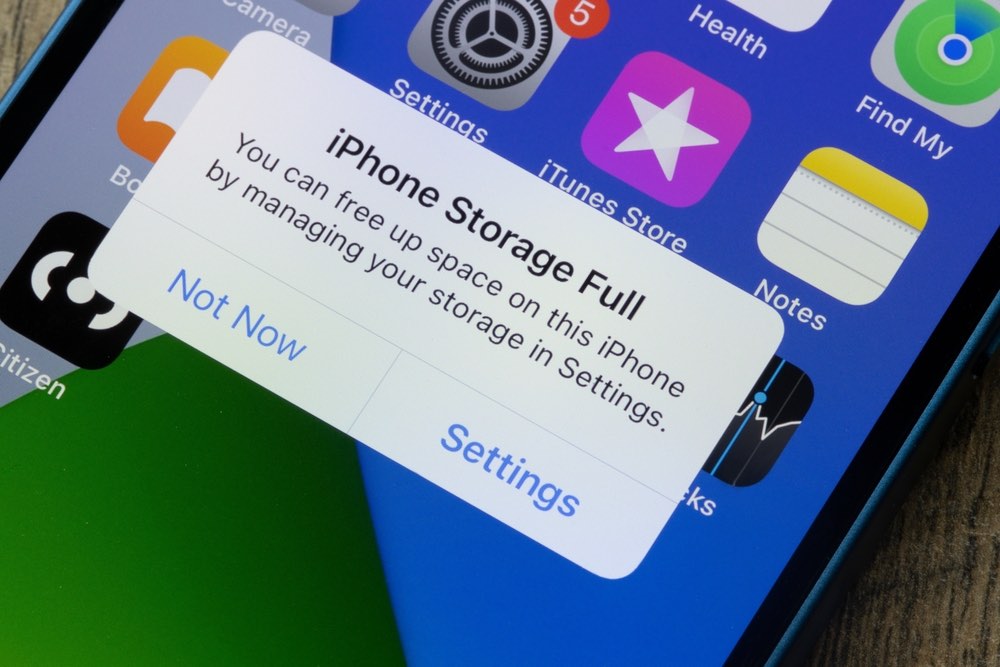
It's also recommended that you turn off your iPhone when you run out of storage. Yes, it might sound weird, but it actually makes sense.
As we mentioned before, turning off your iPhone will delete some temporary data that your device was using to improve your experience. Once you turn it off, your iPhone might not need that data, which is why it gets rid of it.
The result? You may have some free storage after you turn off your iPhone. Unfortunately, it might not be as much as you think. We tried this, and our storage went from 64.09 GB to 63.81 GB, for a measly 0.28 GB difference.
Granted, the difference — at least in our case — wasn't big enough to justify turning your iPhone off solely to regain storage. Plus, it will probably return to the previous mark the more we use it. Still, if you're encountering a system data bug, you might find a more significant increase, so it's worth a try. Either way, it's an added benefit you can combine with all the other benefits on this list.
Turn Off Your iPhone if You Want to Be More Productive
Not every benefit has to go to your iPhone. Sometimes, the owner needs to know turning off their iPhone is the best-case scenario for them.
As we mentioned, alerts and notifications are a dime a dozen these days, making it difficult to focus on what's actually important.
So, if you're working on a big project or need to get something done, turning off your iPhone is a great way to stay focused.
Sure, you can try using different productivity tools and apps on your iPhone. But if none of that works for you, cutting off the time you spend on your iPhone by turning it off could be the right solution for you.

